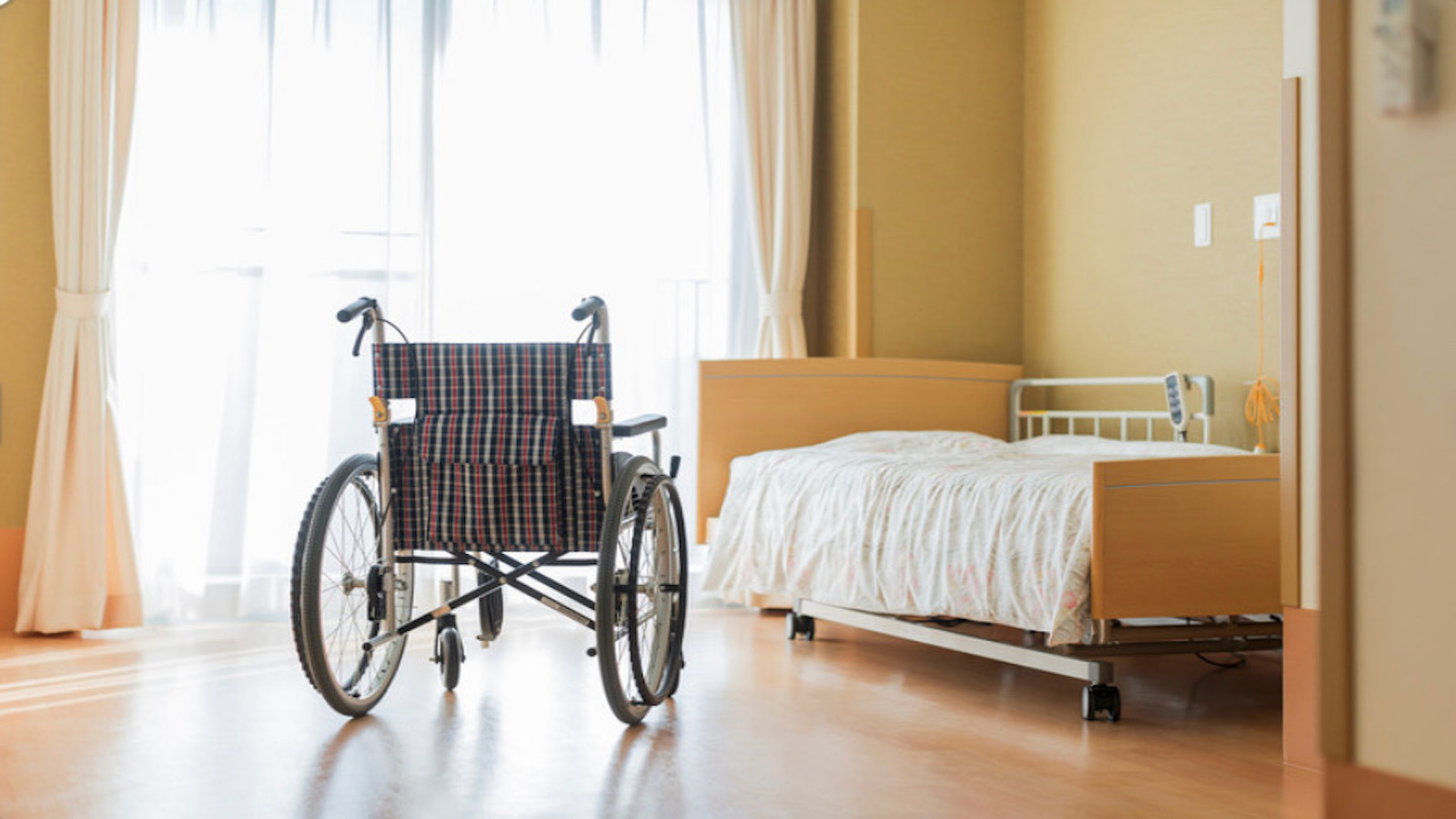Deaths due to Alzheimer's increased in Michigan in 2020 by 18% | Stock Photo
Deaths due to Alzheimer's increased in Michigan in 2020 by 18% | Stock Photo
The psychological and emotional impact for Alzheimer patients and their family members are high, and when you add a pandemic to the mix the negative repercussions are far greater.
Gene Schoendorf was a Michigander and father of three. He suffered from dementia that left him unable to recognize his kids' names, but that wasn't what took his life. In the end, Schoendorf lost his life to COVID-19 without the physical presence of his children by his side due to restrictions.
Schoendorf's daughters said that individuals being secluded in nursing homes and other care facilities can expedite the process and that "isolation kills."
After COVID-19 entered the United States in 2020, deaths from Alzheimer's escalated to 18 percent in Michigan compared to the average of the last six years according to data by Bridge Michigan.
Schoendorf was 94 years old when he died and had been struggling with dementia for the last three years which inhibited his ability to shave, shower, or get himself dressed.
Pre-pandemic, he was able to recognize his daughters, smile at them, and carry on a conversation. That all shifted after the Michigan emergency orders in March to slow the spread of COVID-19 were enforced. Lawmakers banned visitors in long-term care facilities unless it was for essential purposes like right before death.
Although some residents leveraged connecting with loved ones on a virtual basis, others like Schoendorl experienced frustration when it came to having to see loved ones virtually or separated by glass windows.
“Once we could not get in there, we were just a friendly person,” Schoendorl's daughter Sarah Maynard told the Bridge Michigan “You know, it's that physical presence that makes a difference, and it wasn't happening.”
“When we couldn’t go in anymore, I started telling staff members, ‘You are more family now,’” Schoendorf's daughter Stacy Doubrava said. “That was a reality thing for me.”
Research shows a connection between extended isolation and risks for seniors including health risks like smoking, obesity, and physical inactivity. Emotional health is also correlated with chemical and physical alteration, said Sheria Robinson-Lane, a gerontologist at the University of Michigan who specializes in caregiving for dementia patients.
“You can’t take a pill for loneliness,” Robinson-Lane said.


 Alerts Sign-up
Alerts Sign-up